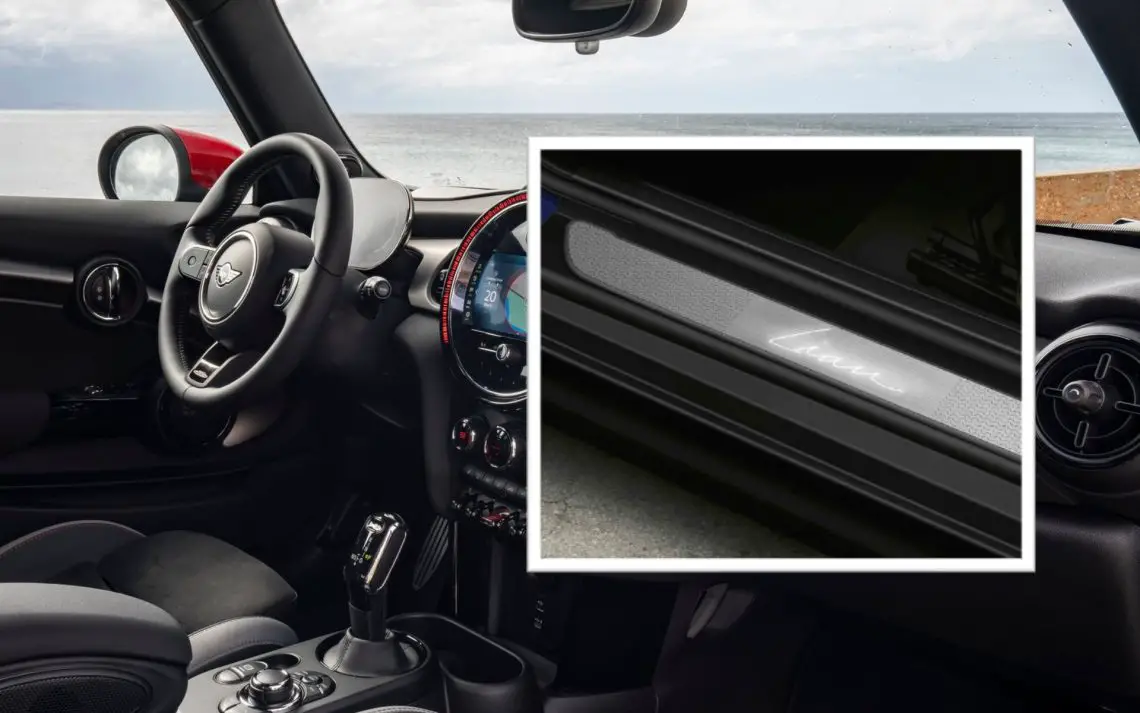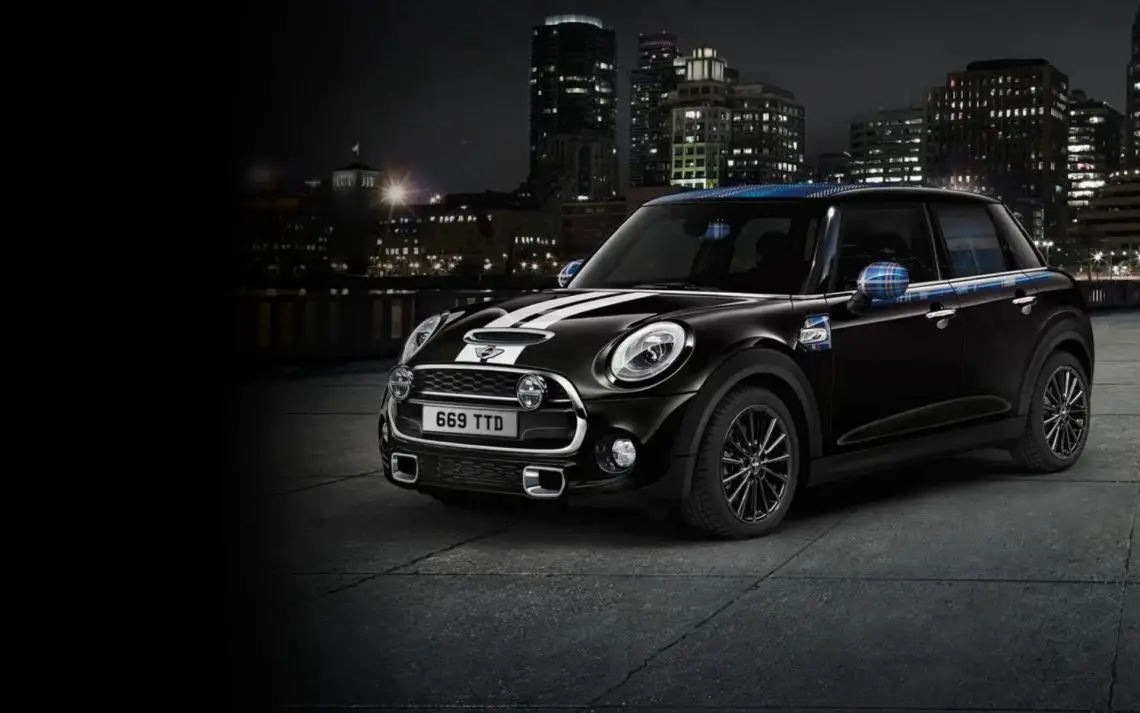Car personalization: online sales model may throw a spanner in the works
Personalize
The word “personalize” is, of course, a broad term. Because you could also include choosing some colors and materials for the interior of your car under the term “personalization. After all, you tailor the interior to your own tastes and preferences. But personalization can also go a step further. For example, you want your own name nicely incorporated on the headrests or boarding rails, or a matching backpack child with his own name on it, if you ask the question to the manufacturer, there are bound to be options.
More accessible than ever
Fortunately, that personalization to the extreme has long since ceased to be accessible only to Earth’s super-rich. Manufacturers have been making more and more effort in recent years to ensure that a customer can succeed in dressing up a car to his or her own taste. A great example is car brand MINI. There, for example, projection lighting on the ground can be personalized with your own texts on request. Every time you open the door, it says, for example, “Welcome Pete,” or any other text of your choosing. This is all quite affordable, in part because of the advent of 3D printers where a unique design can be produced in a relatively short time. Thanks to ever smarter software, everything is also becoming easier than ever.

Subsequent personalization as well
At least with the more mainstream car brands, you do not pay the thousands of dollars that you spend with brands like Rolls-Royce, Bentley, Ferrari, Lamborghini, Aston Martin or McLaren for a personalized message in the car. Personalization can often be done after the fact as well. So suppose you have just bought a used car that you would like to give a personal touch, there are almost always options with car manufacturers. Of course, parts are also available through outside parties, but often a manufacturer has also set up its own personalization program for a model.
Simplified lineup
In the future, personalization will depend heavily on the type of car. With the more “lifestyle” oriented models, personalization will remain important, but thanks to the trend of online car sales, automakers are increasingly opting for a simplified lineup. For example, you then have a choice of three variants, that’s it. Car manufacturers such as Polestar and Lynk&Co are already fully committed to this. Tesla and MG are also participating. There, personalization is limited to choosing an exterior color, rim type and interior color (black or white). This is not a bad thing because it helps tremendously in the production process. This allows the manufacturer to produce faster, which is beneficial for delivery times.
Solution to maintain creativity
As more and more automakers opt for online sales and thereby simplify the lineup, it comes at the expense of the creative freedom to dress up a car to your own taste. Or at least: to be able to personalize a car directly in the ordering process. Personalization is not directly threatened by this development. Because through merchandise or parts, there is hope for personalizing a car. Consider MINI‘s customization model, which features personalized light projection and illuminated entry moldings with your own design. There are many other possibilities like this.
Everything can be personalized
Personalization also permeates far beyond the automotive industry. Almost everything can be personalized these days. We mentioned a backpack child as a crazy example, but even wooden toys, a mug, smartphone case or a T-shirt can be personalized these days. Thus, new opportunities arise every day. The more people, the more desires. So for now, personalization will remain a hot topic for a while, both in automotive but increasingly outside of it. This is just as well, because personalization creates diversity. That inspires.
Personalized attention
For buyers of a Lamborghini, Ferrari or Aston Martin, little will change in the coming years. Models of these brands are all unique, put together to the smallest detail by the customer. For that reason, a brand like Ferrari is not quickly moving to online sales. Because a customer expects personal attention. It all costs enough, of course. There are plenty of opportunities for volume brands. Simplifying the lineup for the purpose of online sales can and is not bad at all, but it comes at the expense of personalization. Is easily solved by putting a personalization program next to it so that customers can also add a personal touch to the car afterwards. Moreover, it is another very interesting business case.


